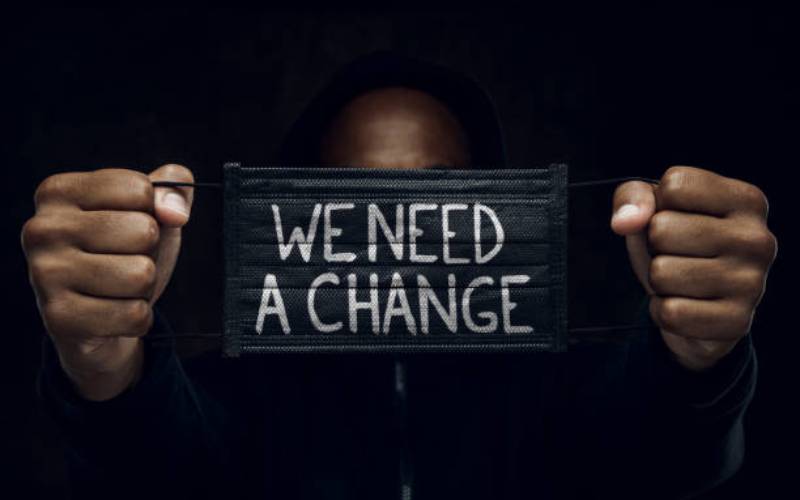×
The Standard e-Paper
Home To Bold Columnists

Disruption of response services for victims of Gender-Based Violence (GBV) following the outbreak of the Covid-19 pandemic may have placed women who were already experiencing cruelty from their intimate partners at a higher risk, according to the latest report.